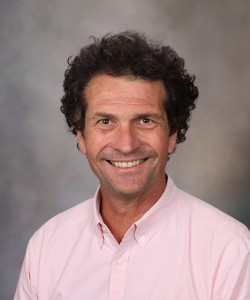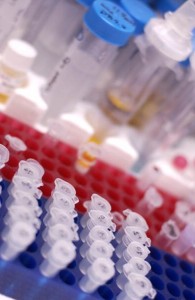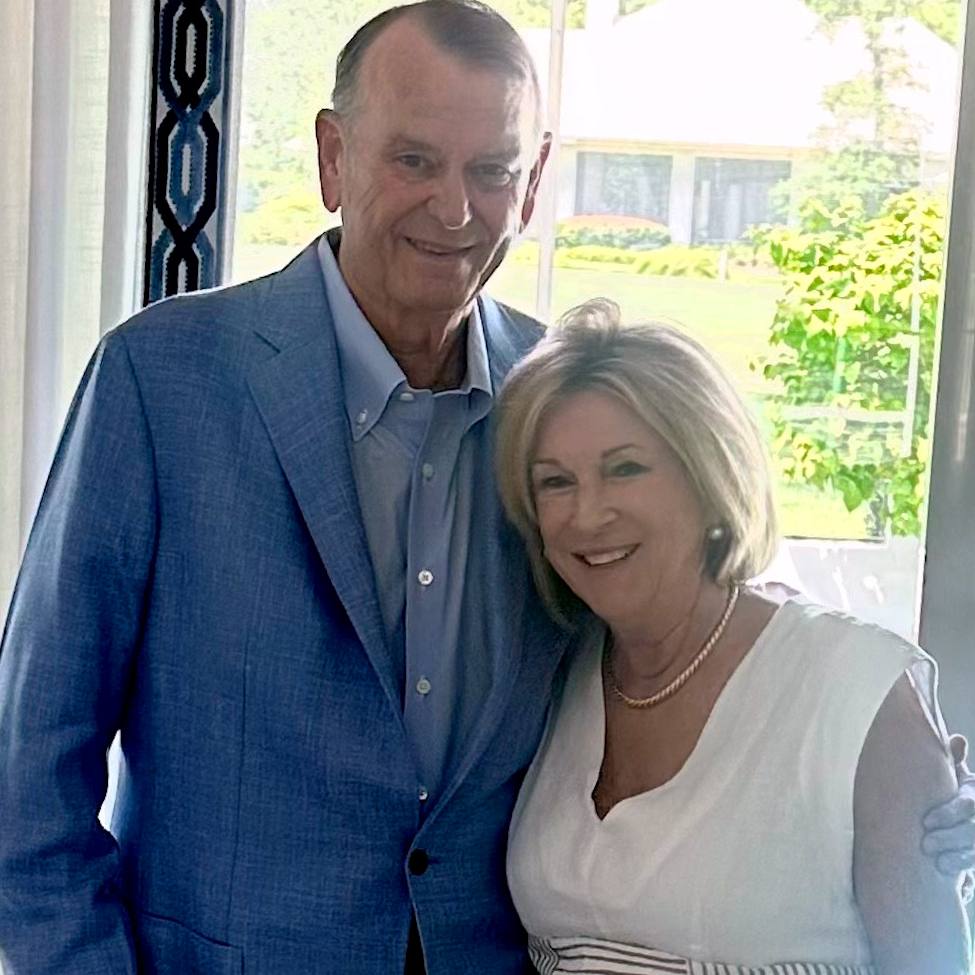-

Mark McNiven, Ph.D., Heads New Mayo Clinic Center for Biomedical Discovery
ROCHESTER, Minn. — Mayo Clinic has named a veteran cell biology researcher to head its new Center for Biomedical Discovery. Mark McNiven, Ph.D., brings over 30 years of scientific experience to the position and a decade as leader of Mayo’s Department of Biochemistry and Molecular Biology. The appointment was announced this week by Gregory Gores, M.D., executive dean for Research.
“We’re very glad to have someone of Dr. McNiven’s leadership and experience as the director launching this important new center,” says Dr. Gores. “Discovery science is a significant part of our research effort at Mayo Clinic, as it is the starting point in seeking help for our patients when current knowledge isn’t enough.”
 The Center for Biomedical Discovery was established to grow Mayo’s expertise and build on its foundation of basic research discoveries, which extends back over 100 years. Discoveries in the laboratory form the basis for tomorrow’s clinical care, and Mayo’s scientists have long been teaming with physicians to explore the needs of patients. This Mayo-wide strategic research center will help advance and coordinate those efforts, prioritizing and seeking support to grow the science. The new director will:
The Center for Biomedical Discovery was established to grow Mayo’s expertise and build on its foundation of basic research discoveries, which extends back over 100 years. Discoveries in the laboratory form the basis for tomorrow’s clinical care, and Mayo’s scientists have long been teaming with physicians to explore the needs of patients. This Mayo-wide strategic research center will help advance and coordinate those efforts, prioritizing and seeking support to grow the science. The new director will:
- Promote discovery science as a priority of the institution and a foundation for clinical care
- Develop programs of excellence with a focus on the molecular basis of disease
- Promote “team science” and encourage collaboration between scientists and physicians
- Help implement fundraising strategies for the center
- Promote innovation and commercialization
“I’m looking forward to working with my many talented Mayo colleagues to develop this new innovative center as the next focus of Mayo’s ongoing evolution of its research strength,” says Dr. McNiven. “This new center will increase our ability to better understand the basic mechanisms that contribute to most human diseases. This is particularly exciting as it will synergize Mayo basic and translational investigators toward developing new methods of treatment while helping keep Mayo at the forefront of patient care.”
Dr. McNiven earned his doctorate at the University of Maryland and completed postgraduate studies there and at Johns Hopkins University Medical School. He came to Mayo Clinic in 1989 as a research associate in Gastroenterology and rose eventually to professor and chair of Biochemistry and Molecular Biology in 2001. He was director of the Mayo Clinic Cancer Center Cell Biology Program for 10 years and now heads the GI Cancer Program. He has mentored numerous students and fellows and has published over 138 high-impact papers and book chapters as a result of being the principal investigator on numerous research grants from the National Institutes of Health to study liver disease and, most recently, pancreatic cancer. His current research interests include the cellular mechanisms by which cells of the liver utilize or retain excess fat that can lead to “fatty liver” and other metabolic diseases such as diabetes. In addition, his laboratory is expert in the study of how tumor cells of the liver and pancreas disperse and invade peripheral organs during metastasis.
Dr. McNiven assumes his new position immediately.
###
About Mayo Clinic
Recognizing 150 years of serving humanity in 2014, Mayo Clinic is a nonprofit worldwide leader in medical care, research and education for people from all walks of life. For more information, visit 150years.mayoclinic.org, MayoClinic.org or https://newsnetwork.mayoclinic.org/.
MEDIA CONTACT: Robert Nellis, Mayo Clinic Public Affairs, 507-284-5005, newsbureau@mayo.edu
Related Articles







